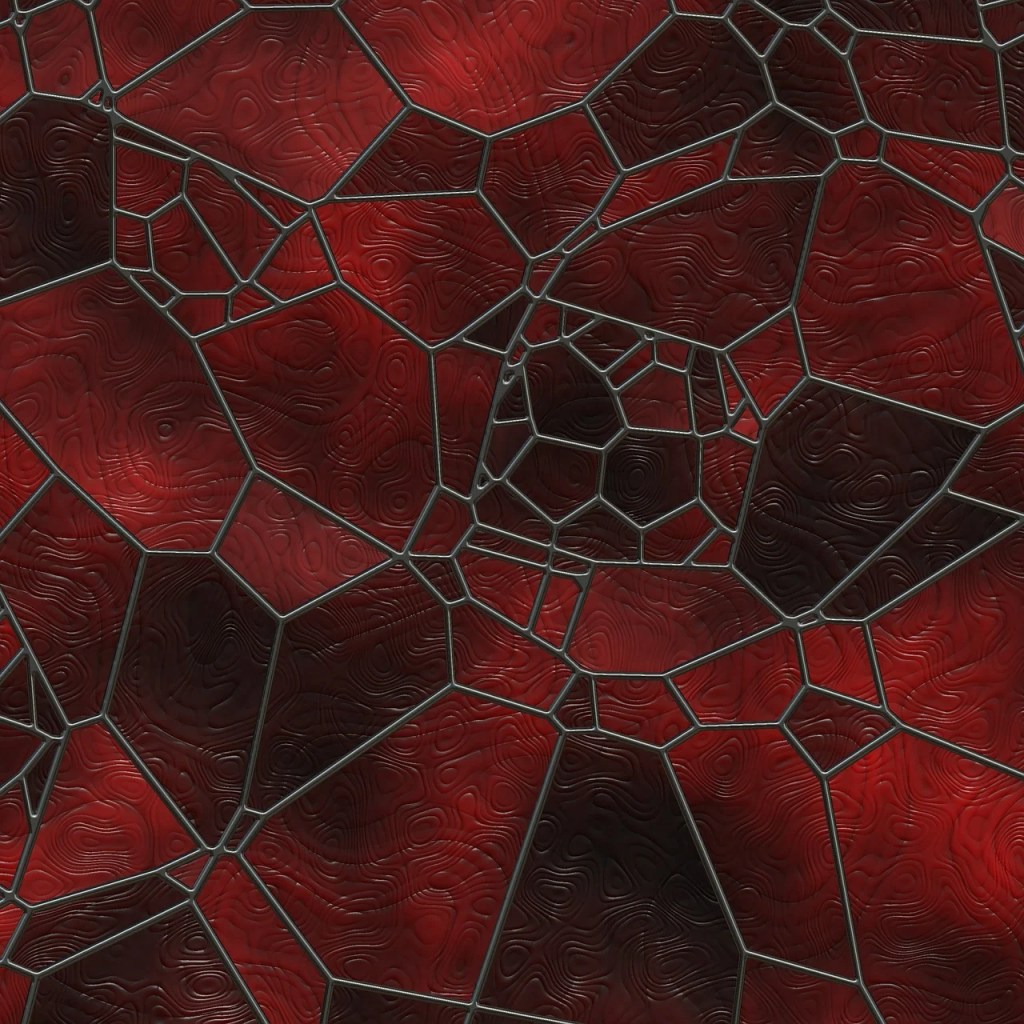-
Animated Films Within Films in Beloved Movie Franchises

1. Kill Bill: Vol. 1, dir. Quentin Tarantino (2003) Besides the nine killed at the wedding, The Bride barely survives the beating and Bill’s shot in the head. She is in a coma for four years and is repeatedly raped in the hospital while unconscious. She awakes, and goes on a revenge streak against the…
-
From “The Dawn of Man” to the 10,191 AG on Dune – “Everything Must Change So That Everything Can Stay the Same”

In the opening sequence of Stanley Kubrick’s 2001: The Space Odyssey “The Dawn of Man”apes are seen fighting over resources, more concretely, a hole filled with water. We see the violent beginnings of human race in the pre-historic times, and in the famous scene the very piece of bone which is used to beat down…
-
Paul Atreides: Seer of the Holy War

In Denis Villeneuve’s Dune: Part One, under the influence of melange, spice which can be found only on Arrakis, Paul sees the visions of a holy war, and in shock, tells his mother: “It’s coming. I see a holy war spreading across the universe like unquenchable fire. A warrior religion that waves the Atreides banner…
-
Religious Manipulation and Political Power: the Case of The Oracle of Delphi and Bene Gesserit from Dune Films

“The Delphic oracle, which for modern poets – Yeats, for example – can conjure up mystic romantic visions, was for Sophocles and his audience, a fact of life, an institution as present and solid, as uncompromising… as the Vatican is for us. States and individuals alike consulted it as a matter of course about important…
-
The Origin of Health Potions Used in Video Games: ‘miruvor’ the Cordial of Imladris from “The Lord of the Rings”

In J.R.R. Tolkien’s The Lord of the Rings The Fellowship of the Ring the Fellowship is stranded at the Redhorn Gate, trying to defeat Caradhras, as depicted in Peter Jackson’s 2001 movie. The hobbits started freezing due to a heavy snow storm, the situations was dire: ‘Give them this.’ said Gandalf, searching in his pack…
-
Princes and Kings Gazing at the Stars in “The Leopard” and “The Lord of the Rings”

The soul of the Prince reached out toward them, toward the intangible, the unattainable, which gave joy without laying claim to anything in return; as many other times, he tried to imagine himself in those icy tracts, a pure intellect armed with a notebook for calculations: difficult calculations, but ones which would always work out.…
-
Yukio Mishima on Visconti’s “The Damned”: Dangerous Decadence

In its Wagnerian manner, its German grotesquerie, its transvestitism, its nervous insanity, its ponderousness, its symphonic sense of psychological danger, its worship of the body, its unceasing dramatic tension, its excesses, its obsession with hurling every single character toward tragedy and death, its ostentation, its sensuality, its love of ritual and ceremony, its intoxication, and…
-
Subscribe
Subscribed
Already have a WordPress.com account? Log in now.


![Black Horse [Poem from the Yet Unpublished Book of Verses]](https://vigouroffilmlines.com/wp-content/uploads/2022/06/black-horse.jpg?w=1024)